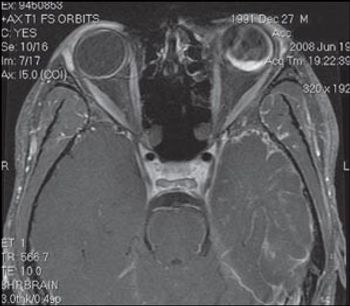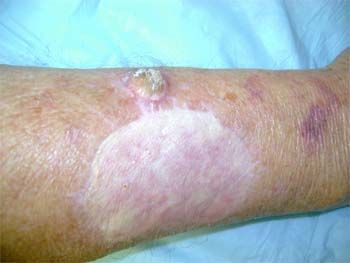
A significant proportion of patients who visit emergency departments (EDs) with opioid overdoses (ODs) also suffer from comorbid mental health disorders, circulatory diseases, and respiratory diseases, according to the results of a new study presented on October 14, 2013, at the American College of Emergency Physicians annual meeting in Seattle.



